So, you’ve decided to set up your own home recording studio—great choice! But with so many options out there, what is the best audio mixing software for you? There are numerous DAWs (Digital Audio Workstations) available, each suited to different types of audio projects, from music production to podcasting. The challenge is finding the right one for your needs, and it can be as confusing as solving a puzzle in the dark.
Table of Contents
What is the Best Audio Mixing Software (DAW) for you?
The reality is, there’s no single “best” DAW that fits every task. Different audio projects require different tools. So, let’s help you navigate the various DAW options and find the one that best aligns with your creative goals.
1. Pro Tools Ultimate: The Old Faithful
To Pro Tools or not to Pro Tools—that is the question. Pro Tools Ultimate is a heavyweight in the audio mixing world, known for its technical prowess. It features a powerful 64-bit audio engine, delivering top-notch audio quality. For those handling complex projects, Pro Tools Ultimate supports up to 384 audio tracks and 128 auxiliary tracks, making it ideal for large-scale work.
Pro Tools excels with its sophisticated automation tools and dynamic transport controls, offering precise audio control. Its extensive library of high-quality plugins and virtual instruments provides a wide range of sonic options, perfect for arranging melodies, creating soundscapes, or handling post-production tasks.
Pro Tools Ultimate also integrates well with video editing, simplifying the process of synchronizing audio for TV and film projects. Whether you’re composing music or fine-tuning audio for a podcast, Pro Tools Ultimate is a reliable and powerful companion.
2. Logic Pro X: Apple’s Crown Jewel
Logic Pro X features a cutting-edge 64-bit summing engine, ensuring exceptional audio quality during mixing and mastering. Its extensive library includes software synthesizers, vintage emulations, and realistic acoustic instrument simulations, offering music producers a broad palette of sounds to work with.
With robust MIDI capabilities, Logic Pro X is a top choice for electronic music producers. It offers advanced MIDI editing tools, precision in manipulating MIDI data, and features like Flex Time and Flex Pitch for refining timing and pitch.
Beyond music production, Logic Pro X excels in audio post-production, podcast production, and scoring for media. Its versatility makes it a popular choice among music producers and audio professionals alike.
3. Ableton Live: The Electronic Dance Party Starter
Ableton Live’s unique Session View is designed for live performances, allowing users to trigger loops, samples, and effects in real-time. Its robust MIDI capabilities and seamless integration with hardware controllers make it a powerful tool for electronic music production.
The software includes a variety of virtual instruments and audio effects to boost creativity, while the warping feature lets you time-stretch audio without affecting pitch—an essential tool for creative sound manipulation in electronic music.
Ableton is a favorite among EDM producers, particularly for its fast and intuitive automation. With a simple touch, you can access and edit automation lines instantly, making the process incredibly efficient. Compared to other DAWs, Ableton’s automation shortcuts save significant time, letting you create and edit multiple tracks with ease.
Guetta what I mean?
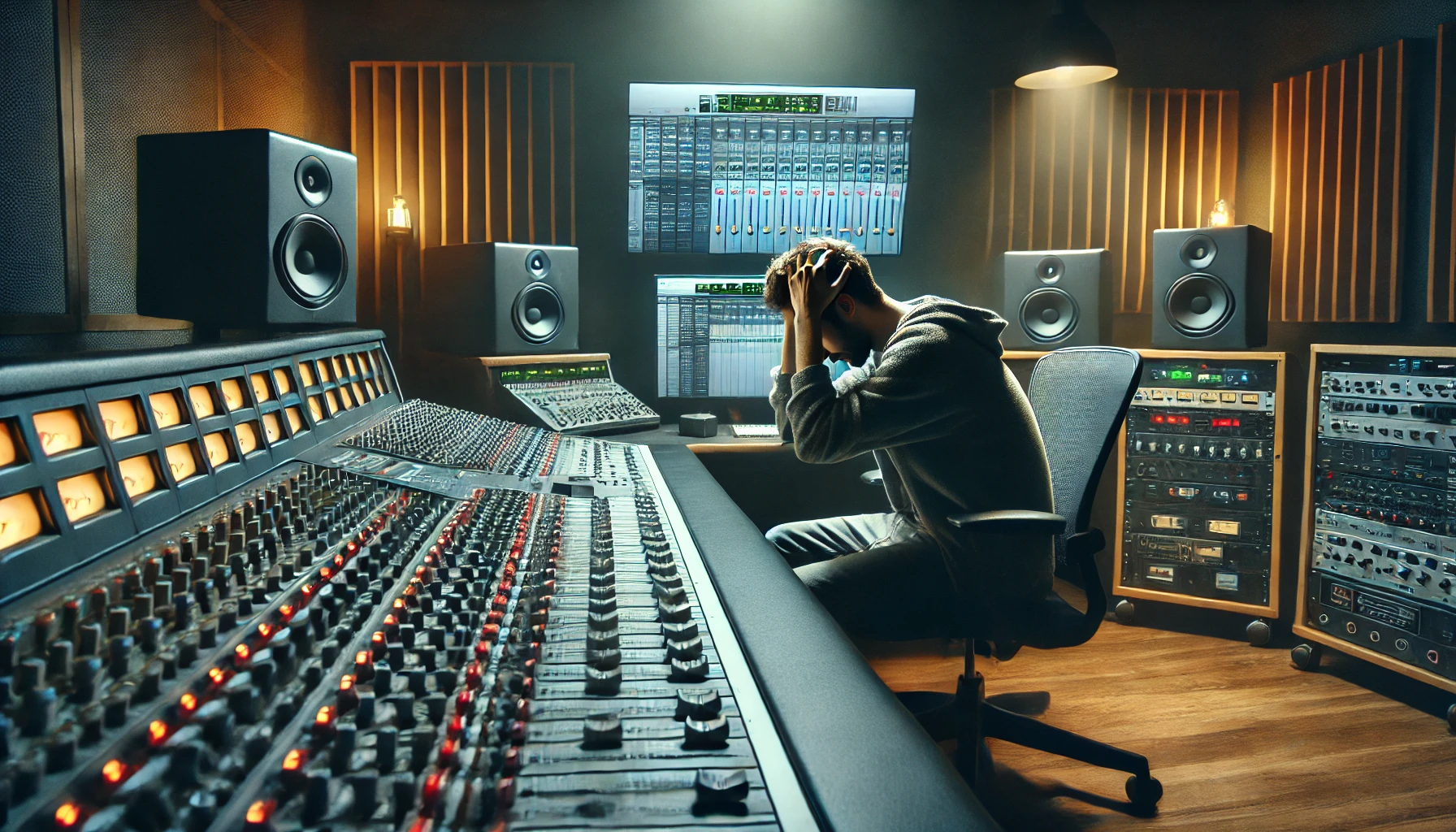
4. Adobe Audition: The Audio Pro’s Swiss Army Knife
Adobe Audition is a versatile tool for music, podcasting, and post-production. With a user-friendly interface, it supports multitrack editing, allowing simultaneous work on multiple audio files. It excels in audio restoration, offering features like noise reduction and pitch correction. Seamless integration with Adobe’s Creative Cloud enhances its appeal for professionals.
Adobe Audition is widely used across various careers, including video editing, sound engineering, and motion graphic design. It’s an essential tool for professionals seeking a powerful and flexible audio production environment.
5. Cubase: The Versatile Powerhouse
Cubase is known for its intricate MIDI system, advanced composing, and arranging capabilities. It’s a top choice for audio post-production, with video integration, ADR support, and comprehensive audio restoration tools. Operating on a 64-bit audio engine, Cubase supports numerous audio and MIDI tracks. Its mix console offers detailed control over every aspect of audio production.
With an extensive collection of plugins and virtual instruments, Cubase is a complete solution for music production and audio engineering.
6. FL Studio: The Funky Fresh Groove Machine
FL Studio is known for its accessible interface and strong technical capabilities. Its piano roll is flexible, making it easy to create melodies, chords, and intricate arrangements. The software includes a variety of virtual instruments and effects to spark creativity.
A standout feature is its pattern-based sequencing, which simplifies the creation of complex drum patterns and melodies. FL Studio is ideal for both electronic and traditional music producers, excelling in audio recording and editing.
7. Reaper: The Underdog’s Choice
Reaper may not be as widely known, but it offers impressive technical capabilities. It features a highly customizable user interface and runs efficiently on systems with limited resources. Reaper supports 64-bit audio processing and can handle numerous audio and MIDI tracks.
It provides a wide range of audio effects, virtual instruments, and third-party plugin support. What sets Reaper apart is its scripting capabilities, allowing users to create custom actions and extensions for a tailored DAW experience.
In a Nutshell 🥜
These DAWs cater to various technical needs and preferences, whether you’re focused on music production, audio post-production, or electronic music. Their extensive features provide the tools needed to bring your audio projects to life. Happy mixing!
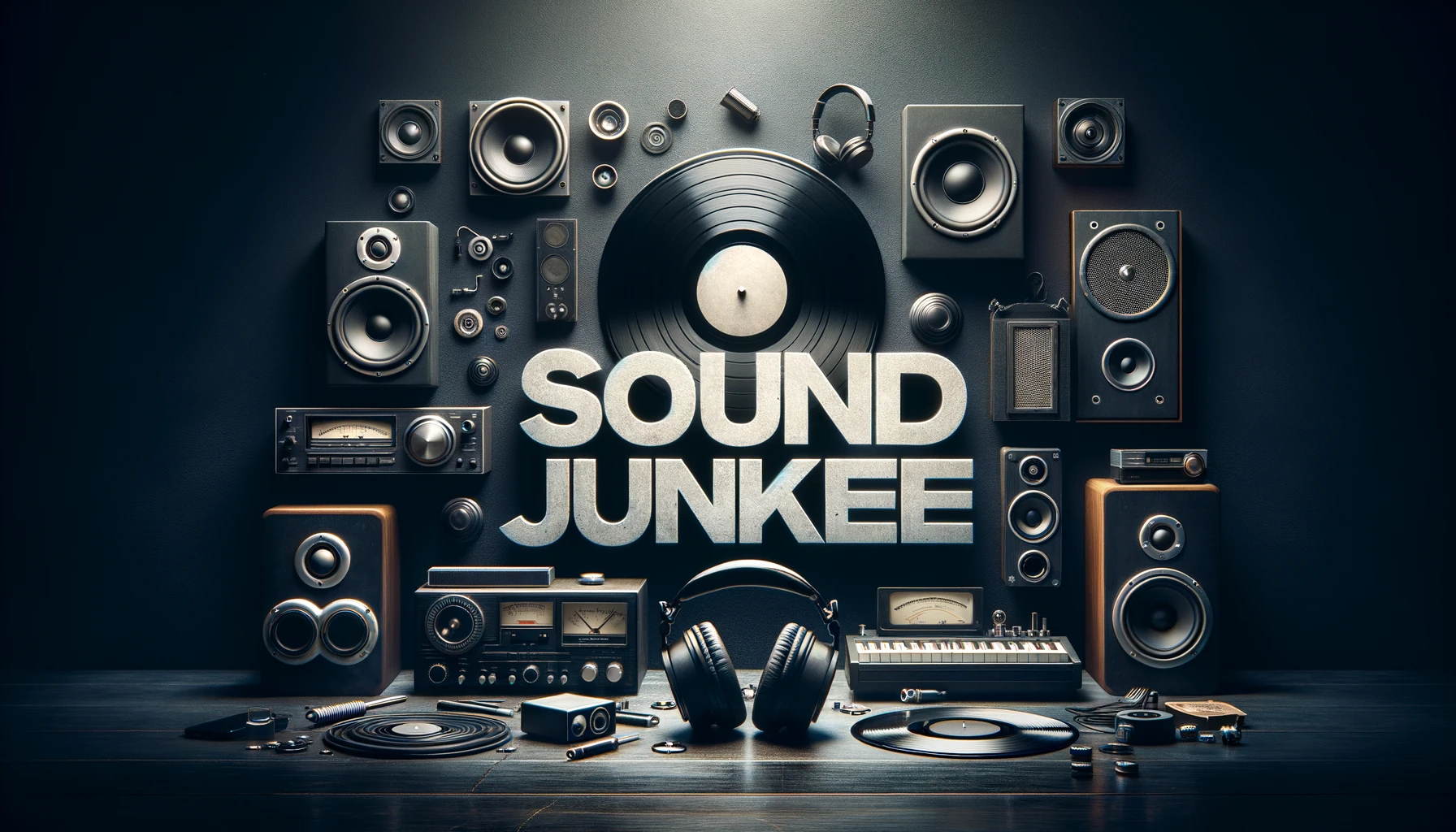
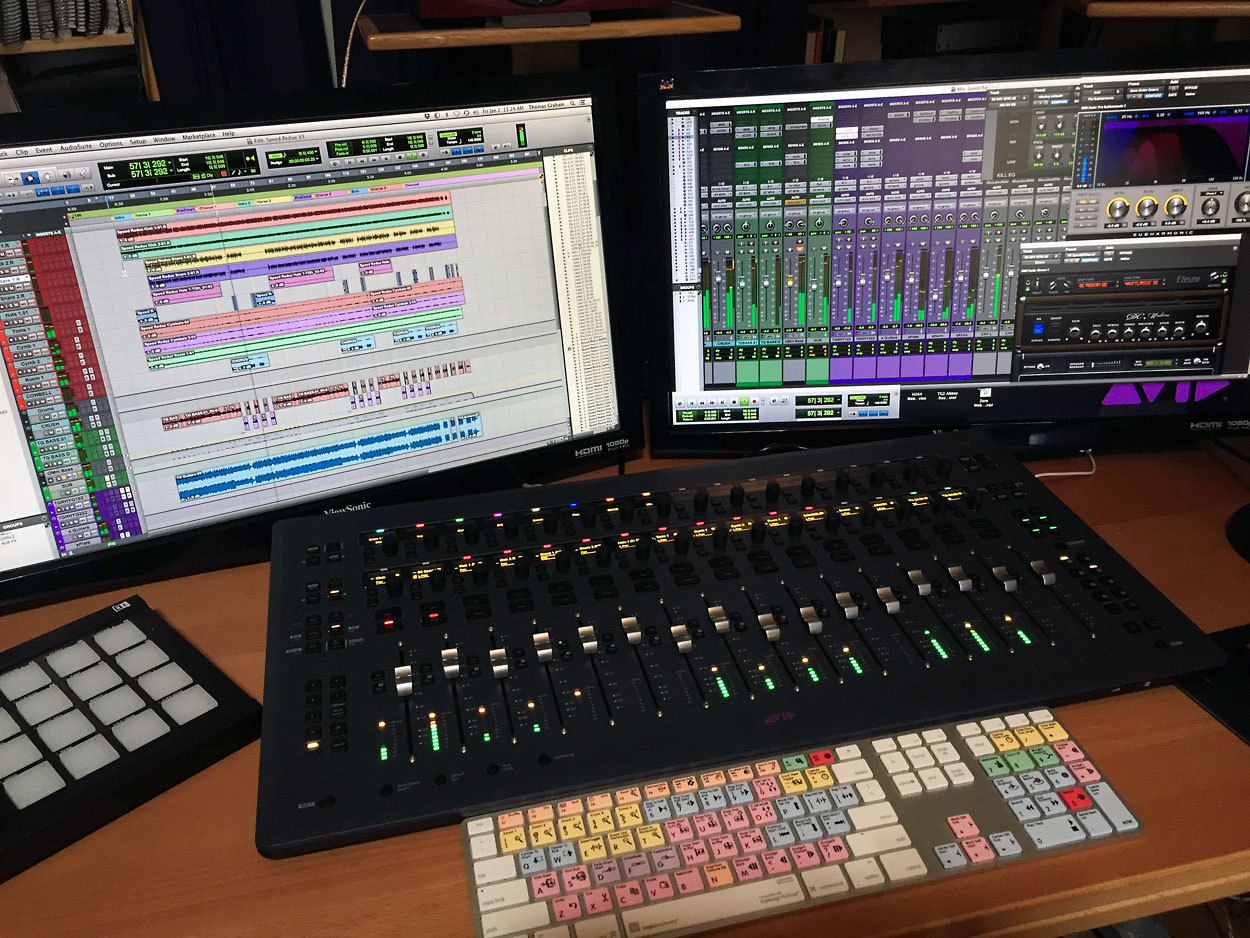
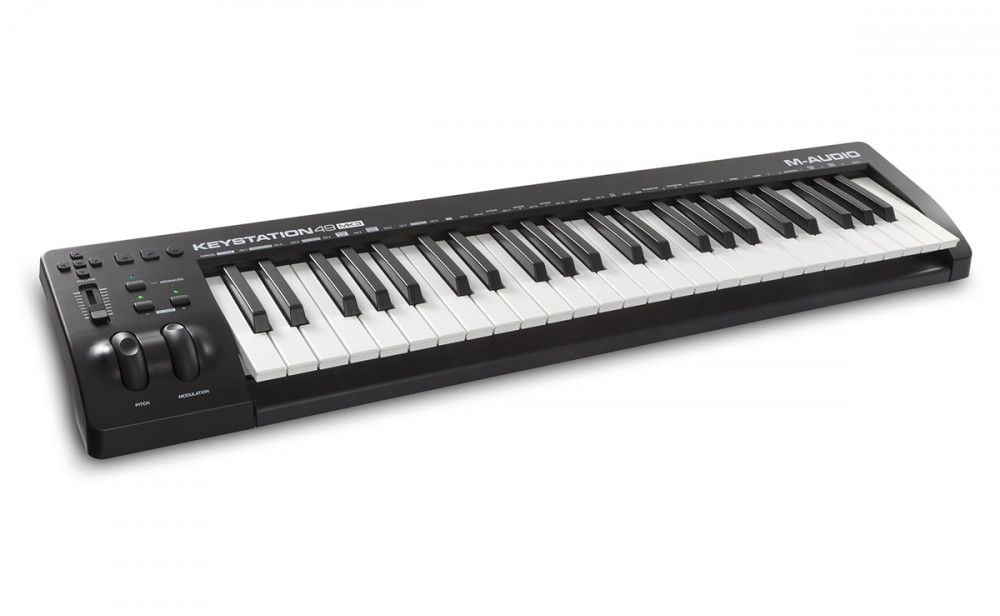
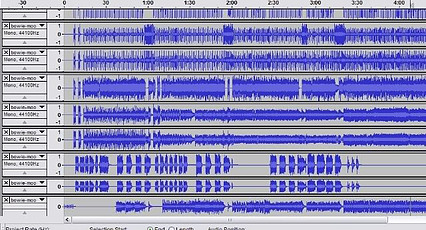
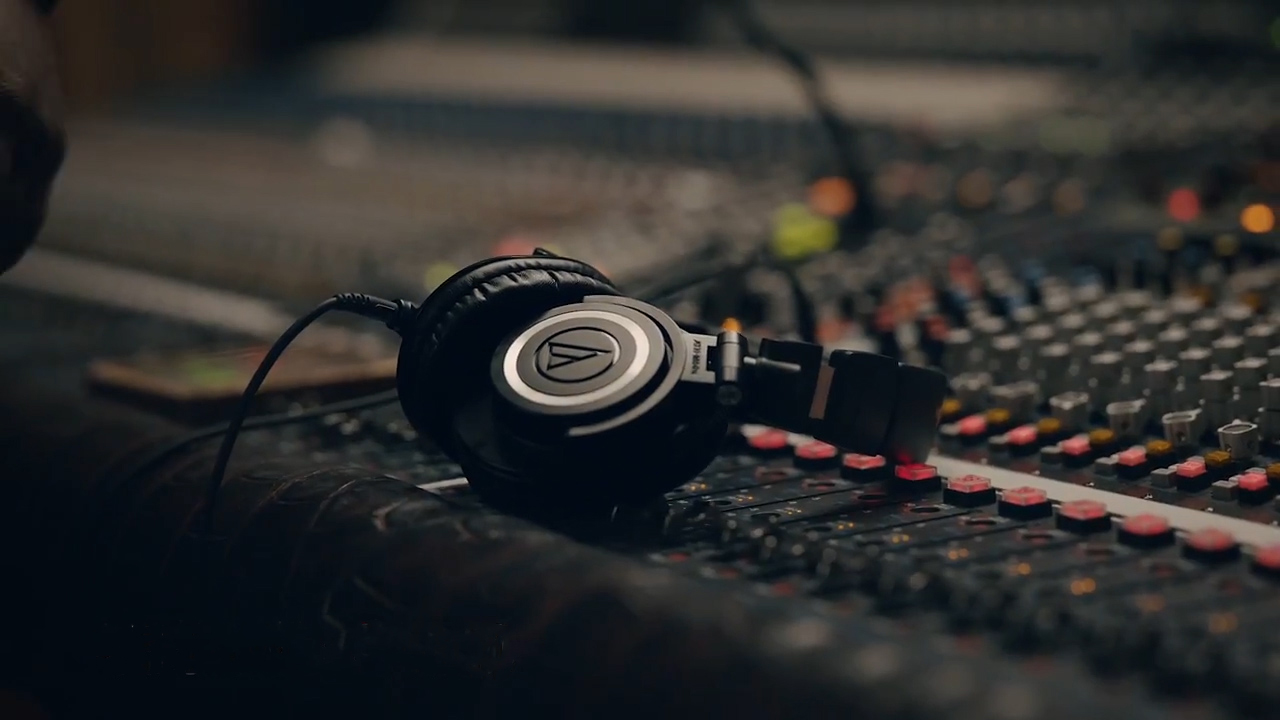
Pro Tools is pretty much the Michael Jordan of DAWs… GOAT 🐐
Ha ha yep. True.